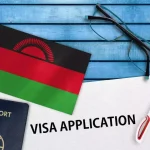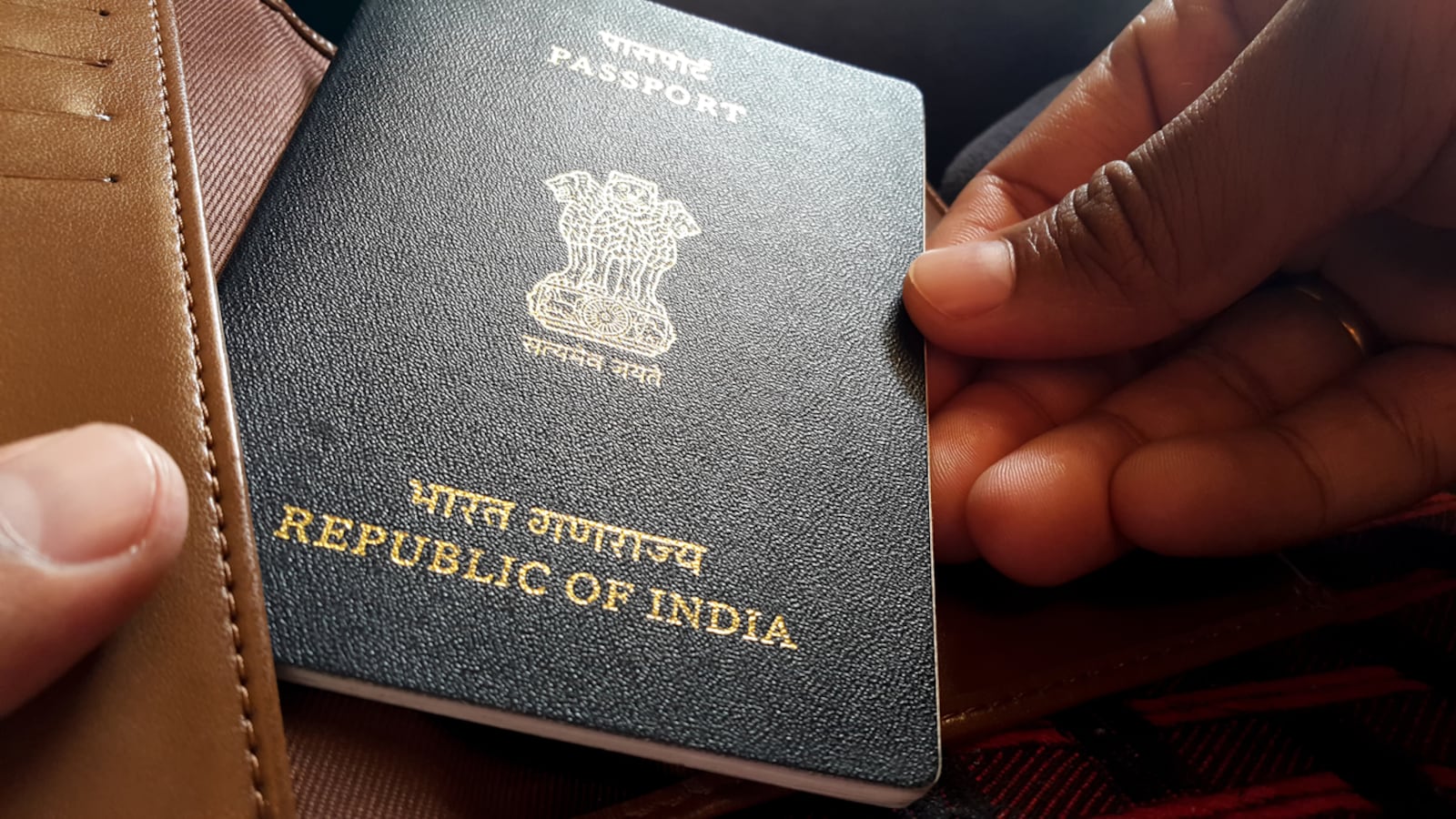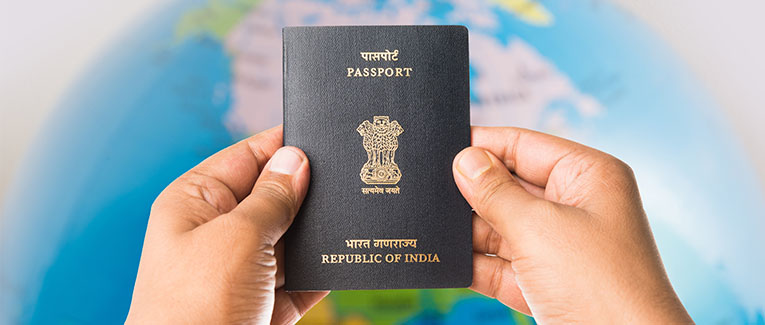If you need to get an emergency visa to India, there are a few things you need to do. First, you need to contact the Indian embassy or consulate in your country. You will need to provide them with proof of your emergency, such as a letter from a doctor or hospital. You will also need to fill out an application and pay the visa fee. The embassy will then process your application and issue you a visa. Apply for Urgent Indian Visa
What is an Emergency Urgent Indian Visa?
“Getting an Emergency Urgent Indian Visa”
The process of getting an emergency visa to India is not as complicated as one might think. In fact, it is quite simple and straightforward. The first thing that one needs to do is to contact the nearest Indian consulate or embassy and request for an emergency visa application form. Once the form is obtained, it needs to be duly filled and submitted along with the required documents.
The documents required for an emergency visa to India are a passport that is valid for at least six months from the date of travel, two passport-sized photographs, and a return ticket. In some cases, additional documents such as a bank statement or a letter from the employer may also be required. The processing time for an emergency visa to India is usually 48 hours, but it may vary depending on the consulate or embassy.
Once the emergency visa is approved, the applicant can travel to India and stay there for up to 30 days. After the 30-day period, the visa needs to be renewed. The process of renewing an emergency visa to India is the same as the process of applying for a new one.
Emergency visas to India are usually granted for medical reasons, family emergencies, or business purposes. In some cases, visas may also be granted for students who need to travel to India for studies. Get Emergency Urgent Indian Visa
Who is eligible for an Emergency Urgent Indian Visa?
Are you in need of an emergency visa to India? If so, you may be wondering who is eligible for this type of visa. In general, anyone who meets the following criteria may be eligible for an emergency visa to India:
-You have a genuine emergency that requires you to travel to India as soon as possible
-You have a valid passport
-You have proof of onward travel from India
-You have enough money to support your stay in India
If you meet all of the above criteria, you may be eligible for an emergency visa to India. However, it is important to note that each case is unique and the final decision will be made by the Indian consulate or embassy
What are the requirements for an Emergency Urgent Indian Visa?
There are three main requirements that you will need to meet in order to get an Emergency Urgent Indian Visa. First, you must have a confirmed ticket to India. Second, you will need to have a valid passport with at least six months of validity remaining. Finally, you will need to provide a letter from your doctor or hospital stating that you require emergency medical treatment in India. If you meet all of these requirements, you should be able to get your visa within a few days.
How to apply for an Emergency Urgent Indian Visa?
If you are looking for an emergency urgent Indian visa, there are a few things that you need to know. First, you need to have a valid passport. Second, you need to have a confirmed ticket to India. Third, you need to have a letter from your employer or school stating the purpose of your travel. Finally, you need to have a letter from a doctor or hospital stating the need for urgent medical treatment.
Once you have all of these documents, you can begin the application process. The first step is to fill out an online application. You will need to provide basic information such as your name, address, date of birth, and passport number. You will also need to upload a photo of yourself.
After you have submitted the online application, you will need to schedule an appointment at the nearest Indian consulate. At the appointment, you will need to submit your passport, application, and supporting documents. You will also need to pay the visa fee.
Once your application has been processed, you will receive your emergency urgent Indian visa. This visa will allow you to stay in India for up to 90 days. If you need to stay longer, you can apply for an extension.
What are the fees for an Emergency Urgent Indian Visa?
There is no such thing as an emergency or urgent Indian visa. The normal visa application process takes around 4-6 weeks, and there is no way to expedite this. In some cases, it may be possible to get a visa on arrival, but this is not guaranteed and it is not possible to apply for this in advance.
How long is an Emergency Urgent Indian Visa valid for?
Are you looking for information on how long an emergency urgent Indian visa is valid for? If so, you’ve come to the right place. In this blog post, we’ll provide all the details you need to know about emergency visas for India.
First, it’s important to understand that there are two types of emergency visas for India: emergency tourist visas and emergency business visas. Emergency tourist visas are valid for a single entry into India and are valid for 60 days from the date of issue. Emergency business visas, on the other hand, are multiple entry visas that are valid for 1 year from the date of issue.
Now that you know the difference between the two types of emergency visas, let’s take a closer look at how long each one is valid for.
Emergency tourist visas are valid for 60 days from the date of issue. This means that you can stay in India for up to 60 days from the date that your visa is issued. After 60 days, you will need to leave India and apply for a new visa if you want to return.
Emergency business visas are valid for 1 year from the date of issue. This means that you can come and go from India as often as you need to for business purposes for up to 1 year. After 1 year, you will need to apply for a new visa.
So, how long is an emergency urgent Indian visa valid for? It depends on the type of visa you have. Emergency tourist visas are valid for 60 days from the date of issue, while emergency business visas are valid for 1 year from the date of issue.





























